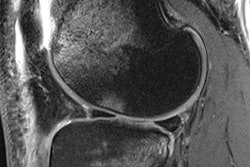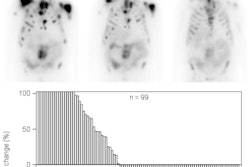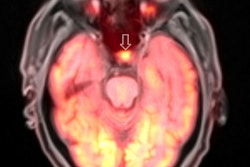Dear MRI Insider,
More speed in MRI can lead to easier visualization of pathologies and functional anatomy, better imaging within shorter time slots, improved patient care, and increased productivity.
In view of these potential gains, new work on accelerated MRI by a respected Swiss group is worth a close inspection. The technique combines dedicated hardware and parallel imaging algorithms, and it has been developed and improved over the last three decades, the researchers from Bern said. To read more about their findings and analysis presented at RSNA 2016 in Chicago, click here.
When should you use MRI in patients with back pain? This important question has been addressed by Dr. Rainer Braunschweig, director of the Diagnostic and Intraoperative Imaging Clinic in Halle, Germany. Click here to get his practical and timely advice.
In other news from Germany, researchers from Heidelberg have shed light on the issue of gadolinium deposits related to the injection of MRI contrast. Previous research has shown that some agents can linger in the body years after contrast administration, but the group found no signs of deposition with a certain class of gadolinium contrast. Get the full story here.
The Netherlands Cancer Institute in Amsterdam has become the third site in the world to install an integrated MR-linear accelerator. This represents a milestone in radiation treatment of abdominal tumors. Learn more here.
In the U.K., a new prospective cohort study spanning 16 fetal medicine units has proved that the addition of MRI examinations gives increased certainty for parents whose midpregnancy ultrasound scan highlighted a potential problem. The authors' findings were published recently in Lancet. Click here for more details.
This letter features only a few of the many articles posted over the past few weeks in the MRI Community. Please scroll through the rest of our coverage below this message.



















